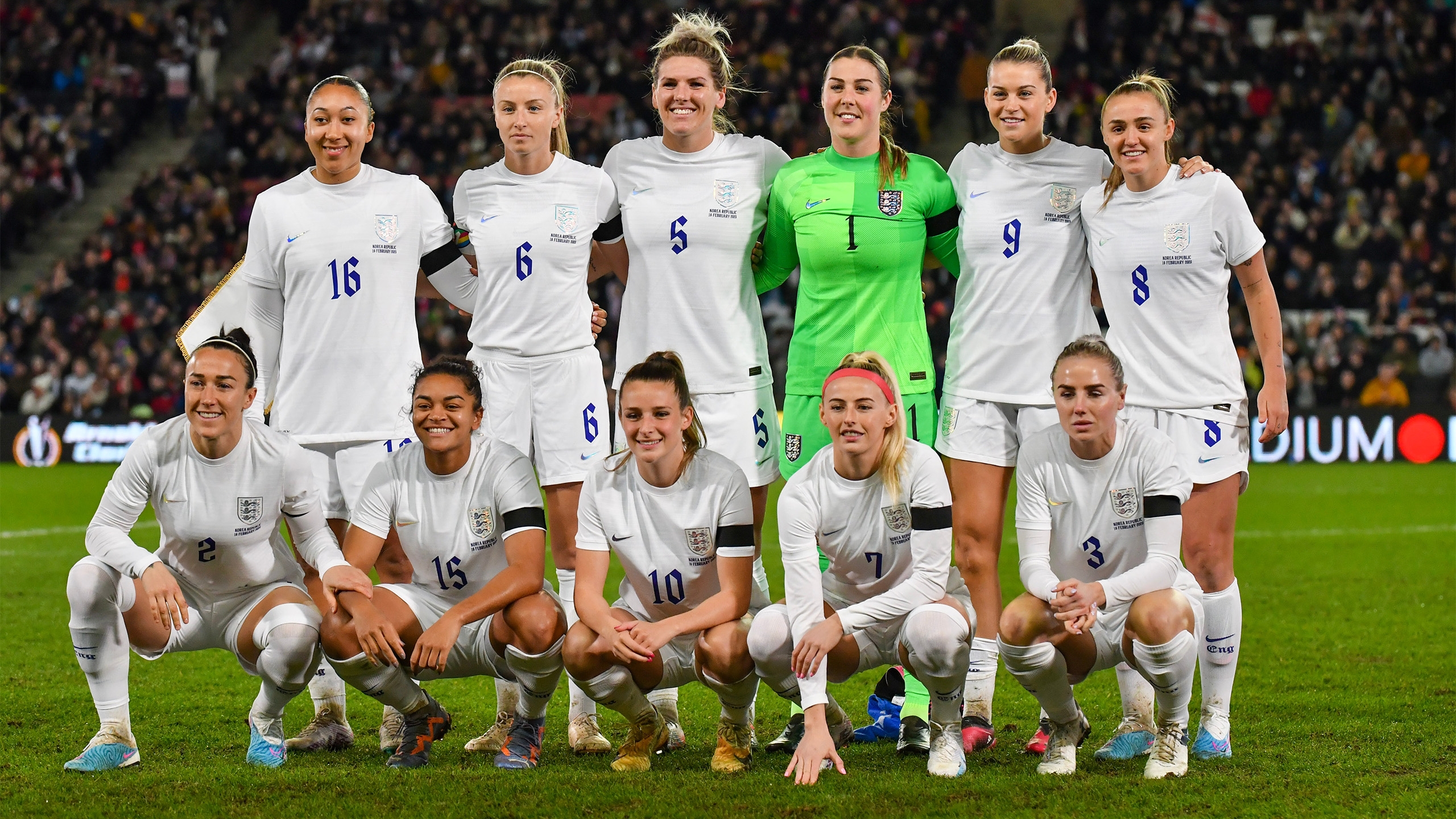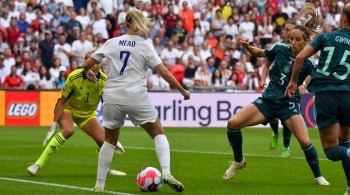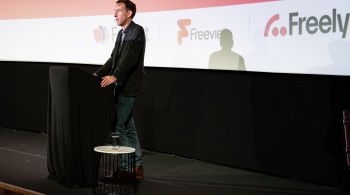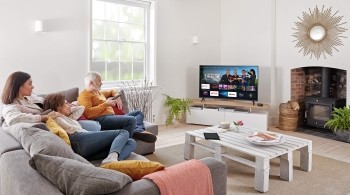
How an upcoming conference could impact the future of TV in the UK
So summer arrives just as the winter sport of rugby offers to bring all the home nations together around their TV sets.
We may have lacked sunshine during July and August, but one thing we can take for granted about the period is that the British summer - and Indian summer - will deliver memorable TV moments for us all to share.
Or can we take it for granted?
We expect enormous cultural events like the Lionesses playing in a World Cup final, like Wimbledon, like Glastonbury or, casting our minds back further, the Coronation and Eurovision, to be available for all to watch simultaneously.
These national TV moments - what I call "WeTV" - are instances of an increasingly rare circumstance of common cause, often crossing the boundaries of age, class or enthusiasm. They are made accessible and available to all through universally-available, free TV and they attract audiences of a magnitude that – in the streaming age of "Me TV" - are an exception rather than the rule.
For the moment, television, as it always has, unites us, because we can all partake in the same TV experience thanks to the universality of TV delivered through the aerial - Digital Terrestrial Television or DTT.
So even if the recent Ofcom ‘Media Nations’ report highlighted a drop in programming that attracts 'mass audiences' (more than 4 million), ‘event TV’ or ‘We TV’ continues to be in rude health.
Of course, more and more of us are embracing the vast choice of content available online, but there is still a significant minority of British homes which do not have an alternative to the aerial as a means of reception, or they choose not to. That is, they do not have broadband (IPTV), satellite or cable TV.
It is the existence of terrestrial TV that allows events such as we've enjoyed this summer to be truly national spectacles. Available to everyone and not behind a paywall.
If it takes a village to make a TV show, it requires a city to ensure that when we switch on our TV, it just works.
If it takes a village to make a TV show, it requires a city to ensure that when we switch on our TV, it just works. Thankfully most of us are blissfully unaware of the effort that goes on behind the scenes to make the content and the technology of distribution come together.
Access to electromagnetic spectrum is a vital ingredient in that endeavour. Without spectrum, there's no terrestrial broadcasting; without that, there's no universal access to national moments.
But this spectrum is not beholden to international borders. And no one country can decide unilaterally how it deploys this precious national asset.
We're encouraged to see the UK Government has indicated it will support the on-going allocation of the airwaves for broadcasting use.
Therefore, decisions about its use are made at an international spectrum conference - the World Radiocommunications Conference (WRC). The next one of these will take place in November in Dubai and we're encouraged to see the UK Government has indicated it will support the on-going allocation of the airwaves for broadcasting use.
Some countries, including a handful in Europe, would rather that spectrum was deployed for mobile services. These are nations much less reliant on terrestrial TV, where cable and IPTV take the lead. Ofcom - the UK Government's representative at WRC - will be negotiating on behalf of many millions of UK viewers.
There's no doubt TV viewing habits have changed, with more and more of us consuming content online - that was clear from Ofcom's report. However, we are some way from this being the norm for everyone in the UK.
We need to ensure that UK audiences can access content made for them, however they want it.
We need to ensure that UK audiences can access content made for them, however they want it. Via broadband, most definitely, but for now and some time to come, also via terrestrial TV - Freeview. That's why the right outcome at a relatively obscure conference on a relatively impenetrable topic like spectrum is so important. Decisions on the future of British TV need to be made by us, on our terms.



